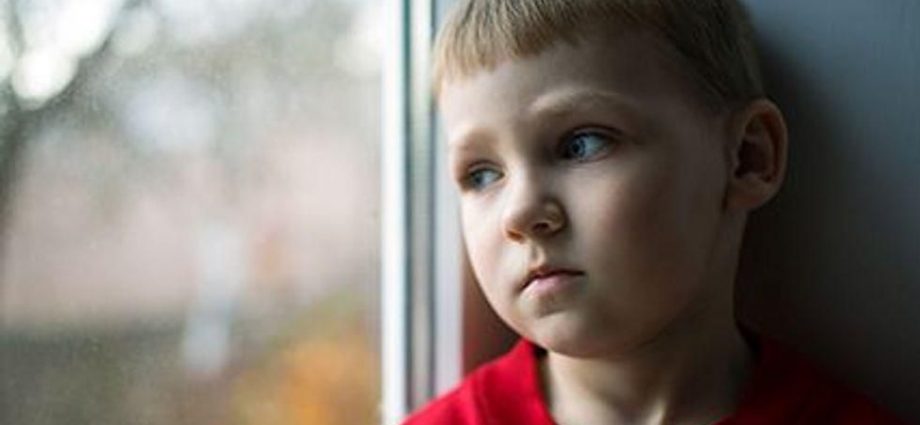FRIDAY, Feb. 25, 2022 (HealthDay News) — At least 5.2 million children worldwide have lost a parent or caregiver to COVID-19, and researchers say urgent action is needed to help them.
“We estimate that for every person reported to have died as a result of the COVID-19 pandemic, one child is left orphaned or loses a caregiver,” said lead author Susan Hillis, who completed the research while at the U.S. Centers for Disease Control and Prevention. “That is the equivalent of one child every 6 seconds facing a heightened risk of lifelong adversity unless given appropriate support in time.”
As such, she said, support for orphaned children must immediately be made part of every national COVID-19 response plan.
The study found that 10- to 17-year-olds accounted for 2.1 million of the affected children, followed by 5- to 9-year-olds (740,000 children) and those even younger (nearly 500,000).
The findings are based on data from the United States and 19 other countries for the period from March 1, 2020, to Oct. 31, 2021.
The number of children affected in the 20 countries ranged from 2,400 in Germany to more than 1.9 million in India. Peru had the highest rate — eight in every 1,000 kids. South Africa was second with seven in 1,000 children affected.
The number of children who lost a parent or caregiver to COVID-19 nearly doubled between May 1 and Oct. 31 last year, compared with the pandemic’s first 14 months — March 1, 2020, through April 30, 2021, the study found.
Three of four children who lost a parent lost their fathers, according to the report published Feb. 24 in The Lancet Child & Adolescent Health.
The researchers noted that losing a parent/caregiver puts a child at increased risk of numerous ills — including poverty, exploitation and sexual violence or abuse, HIV infection, severe distress, mental health problems and, in some cases, greater vulnerability to gang involvement and violent extremism.
Hillis said several steps should be taken to help young people.
“Such support should focus on three core components: preventing caregiver death through equitable COVID-19 vaccine coverage, containment, and treatment; preparing families that are safe and nurturing to support affected children (such as through kinship care, foster care, and adoption); and protecting children using evidence-based strategies to reduce risks of poverty, childhood adversity, and violence,” Hillis said in a journal news release.
Lead study author Juliette Unwin, of Imperial College London in the United Kingdom, said the study’s numbers are likely to rise as more data become available.
“Real-time updated data suggests the true totals reached 6.7 million children as of January 2022,” she said in the news release. “While our current study looked at estimates through October 2021, the pandemic is still raging worldwide, which means COVID-19-related orphanhood will also continue to surge.”
Prior to the COVID-19 pandemic, there were an estimated 140 million orphaned children worldwide.
“It took 10 years for 5 million children to be orphaned by HIV/AIDS, whereas the same number of children have been orphaned by COVID-19 in just two years,” said senior author Lorraine Sherr, a professor of clinical and health psychology at University College London, who added that Omicron cases may push the true toll even higher.
“We need to act swiftly to identify the children behind these numbers, so they can be given the support they need to thrive,” Sherr said.
More information
For more on how the COVID-19 pandemic affects children, go to UNICEF.
SOURCE: The Lancet Child & Adolescent Health, news release, Feb. 24, 2022
Copyright © 2026 HealthDay. All rights reserved.

